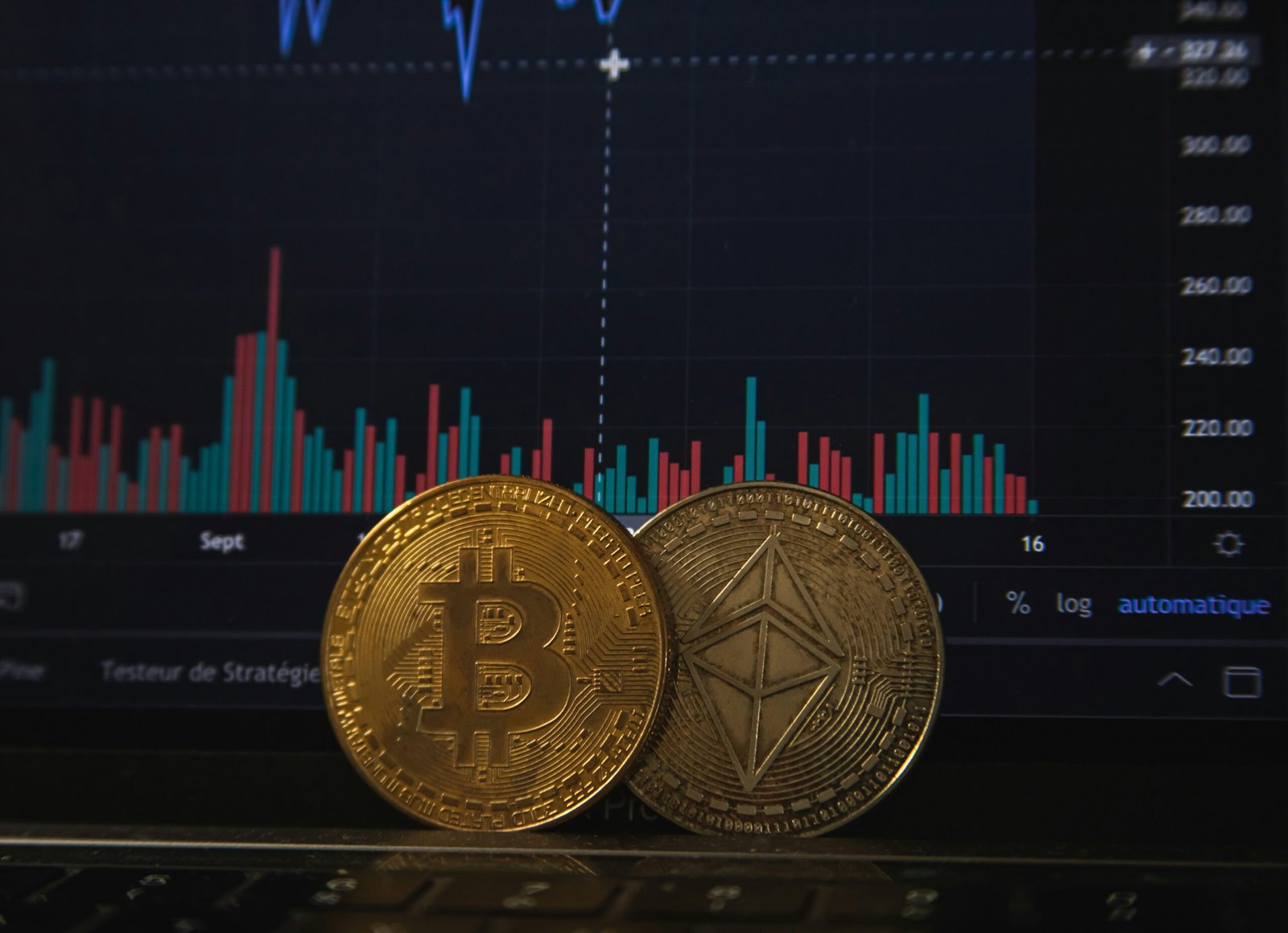Lithuania’s AI Boom: Pioneering Sustainable Technologies for the Future
Introduction to Lithuania’s Technological Landscape
Lithuania has rapidly emerged as a prominent player in the global technology landscape, primarily due to its vibrant ecosystem that fosters innovation and entrepreneurship. Over the past few years, the country has effectively positioned itself as a hotspot for startups focused on artificial intelligence (AI) and other significant technologies. This remarkable advancement is particularly evident in sectors such as sustainability and healthcare, where local companies are pioneering groundbreaking solutions aimed at addressing some of the world’s most pressing challenges.
The Lithuanian government has actively encouraged digital transformation by implementing favorable policies that stimulate investment and growth. Programs aimed at promoting research and development have further solidified the country’s status as a breeding ground for technological innovations. As a result, numerous startups are emerging in various domains, particularly those leveraging AI to improve workplace efficiencies and sustainability practices.
Furthermore, the active participation of educational institutions in supporting technology development has played a crucial role in cultivating a skilled workforce adept in AI and other modern technologies. Partnering with industry experts and entrepreneurs, these institutions have not only enriched the academic landscape but also prepared students to thrive in Lithuania’s changing economic environment.
As we navigate through this section, it is essential to highlight the increasing interest in AI applications that specifically address environmental sustainability. Innovations developed in Lithuania are drawing international attention, showcasing the country’s commitment to not only advancing technology but also ensuring a sustainable future. In the current landscape, it is clear that Lithuania is not just an emerging tech hub; it is a vibrant and dynamic force driving the future of sustainable technologies.
Trending AI Developments in Lithuania
Lithuania has emerged as a notable hub for artificial intelligence, bolstered by groundbreaking innovations and a vibrant technology ecosystem. As of today, one of the most significant developments is the integration of AI into sustainable energy solutions. This initiative is shaping the country’s approach to environmental sustainability while enhancing operational efficiency in various sectors. Companies such as Oxylabs are leading the charge by leveraging AI algorithms to optimize resource consumption and manage energy flows effectively. Their focus on analytics has enabled businesses to minimize waste and enhance performance, setting a benchmark for AI applications within the energy sector.
Furthermore, the establishment of AI Labs and joint ventures with universities like Vilnius University has fostered a collaborative environment for research and development. These institutions are actively developing AI models that cater to local industries, aiming to improve productivity and competitiveness. Among the projects currently in motion, one standout is an AI-driven platform that predicts agricultural yields based on factors such as weather, soilquality, and historical data. This not only aids farmers in maximizing their outputs but also aligns with sustainable farming practices.
Lithuania is also witnessing an increase in AI start-ups focusing on health-tech solutions. Companies are utilizing machine learning to develop predictive tools that enhance patient care and streamline healthcare services, showcasing the versatility of AI beyond traditional tech industries. As the demand for technological advancement continues to surge, Lithuania’s dedication to nurturing talent and fostering innovation positions it as a leader in the European AI landscape.
Ultimately, the amalgamation of academic research, industry collaboration, and government support is propelling Lithuania toward a successful AI future, making it a pivotal player in sustainable technology development.
Impact of AI on Sustainability Initiatives
Lithuania is emerging as a notable player in the global shift towards sustainable technologies, and at the forefront of this transformation is the integration of artificial intelligence (AI) into various sustainability initiatives. As businesses and governments alike increasingly recognize the potential of AI to address environmental challenges, the application of machine learning and data analytics has begun to yield promising results across multiple sectors, including energy, agriculture, and waste management.
One significant development is the use of AI in optimizing energy consumption. For instance, energy providers in Lithuania are deploying AI-driven systems that analyze usage patterns and predict energy demands, allowing for a more efficient distribution of resources. This not only results in cost savings but also reduces greenhouse gas emissions, demonstrating how technology can directly contribute to sustainability goals.
Additionally, in the agricultural sector, AI technologies are enhancing precision farming practices. By utilizing AI algorithms to assess soil health and optimize irrigation schedules, Lithuanian farmers are achieving higher yields with lower environmental impact. These advances not only promote food security but also help conserve precious water resources, illustrating the multifaceted benefits of integrating AI within sustainable agricultural practices.
Moreover, waste management efforts are being revolutionized through AI. Smart recycling solutions powered by AI are being implemented to enhance sorting processes and improve recycling rates. By analyzing waste composition through imaging technologies, Lithuania is actively lowering landfill contributions and fostering a circular economy.
As Lithuania continues to leverage AI to further enhance these sustainability initiatives, the potential for broader applications across additional sectors remains strong. This dynamic fusion of technology and environmental stewardship signals a positive direction for both the economy and the planet, showcasing Lithuania’s commitment to sustainable development in an age defined by rapid technological advancements.
The Future of Technology in Lithuania
Lithuania is poised to emerge as a leader in the field of artificial intelligence (AI) and technology, driven largely by a combination of government support, an emphasis on education, and a flourishing startup ecosystem. The nation’s focus on sustainable technology is notable, making it a critical player in the global arena as we move towards greener solutions. Initiatives aimed at fostering technological innovation are supported by the Lithuanian government, which has launched various programs aimed at enhancing research and development in AI.
One significant area for growth is the integration of AI in various sectors such as healthcare, manufacturing, and fintech. Lithuania’s robust understanding of software engineering, combined with its commitment to using digital technologies for social good, positions it to capitalize on these opportunities. The country’s startups, many in the tech sector, have begun to explore AI applications that can optimize processes and increase efficiency across industries. As these innovations unfold, they will likely create new job opportunities that demand a technologically skilled workforce.
Education plays a crucial role in ensuring the success of Lithuania’s tech initiatives. Universities and educational institutions have been proactive in updating curricula to include AI and emerging technologies, ensuring that future generations are equipped with the skills necessary to thrive in a tech-driven economy. Collaborations between academic institutions and technology companies facilitate a practical learning environment, providing students with hands-on experience that directly relates to industry needs.
As Lithuania continues to invest in technology and innovation, it is important to remain cognizant of the environmental impacts of these advancements. The emphasis on sustainable technology will not only foster technological growth but also contribute to a greener planet. With its current trajectory, Lithuania’s future in technology looks promising, paving the way for becoming a hub of innovation in the Baltic region and beyond.









